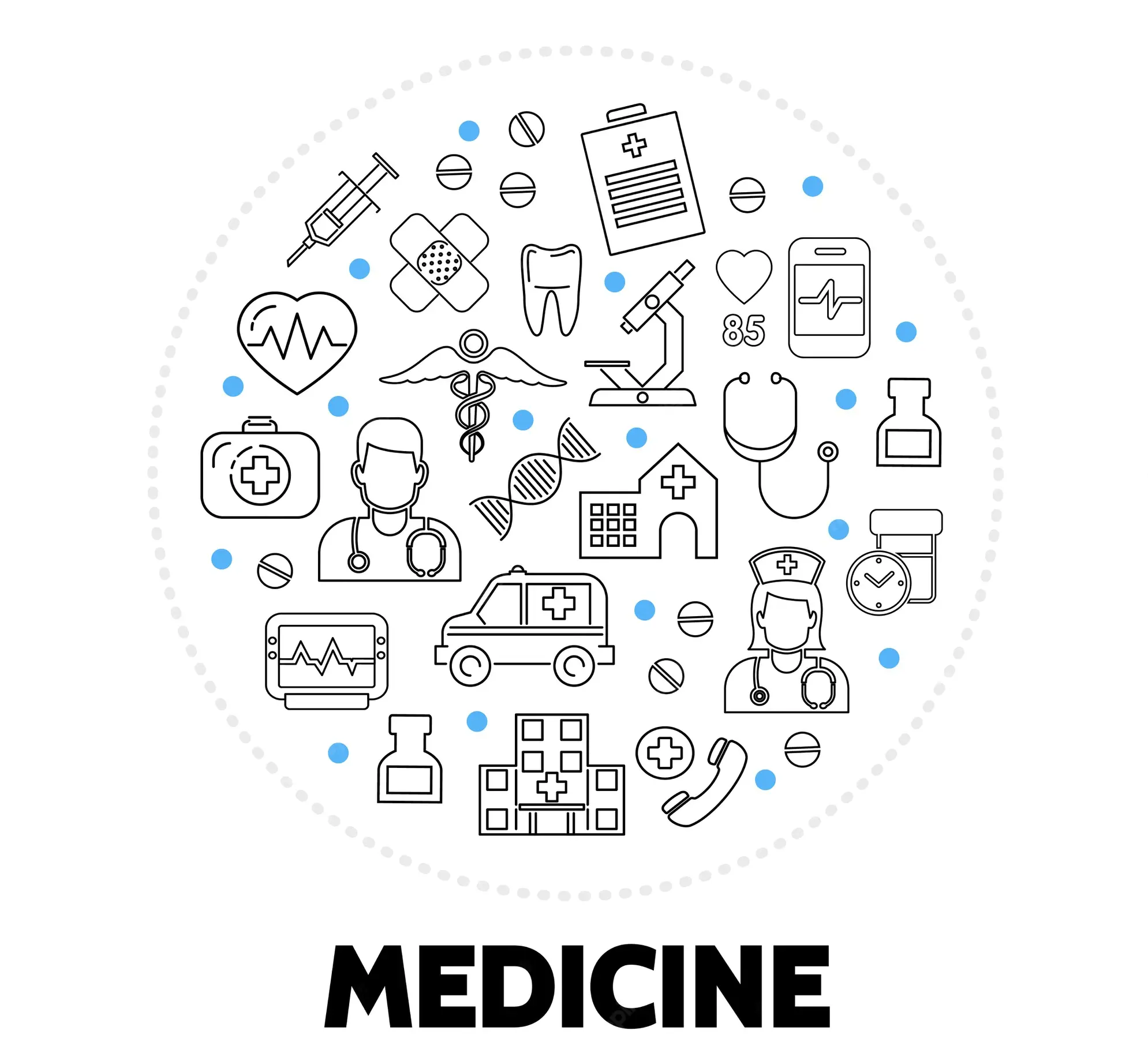Reynolds Number Books
Essentials of Health Information Management Principles and Practices,Second Edition
Author: Michelle Green, Mary Bowie
School: Kazaure School of Health Technology, Kazaure Jigawa State
Department: Medical, Pharmaceutical and Health science
Course Code: HIM111
Topics: health care delivery systems, health care delivery, Health Care Facility Ownership, Health Care Facility Organizational Structure, Cancer Registry, Health Information Management Professionals, Health Care Settings, Acute Care Facilities, Ambulatory care, Outpatient Care, Behavioral Health Care Facilities, Home Care, Hospice, Long-Term Care, Managed Care, Patient Record, Hospital Outpatient Record, Physician Office Record, Numbering Systems, Filing Systems, Filing Equipment, File Folders, Indexes, Registers, Health Data Collection, Case Abstracting
Author: John Olusina Obimakinde, Samuel Oluwaseun Obimakinde
School: WAEC, JAMB & POST UTME
Department:
Course Code: CHEMISTRY
Topics: Chemistry Calculations, Masses and Formulae, Relative Atomic and Molecular Masses, Mass Percentage Composition, Valency, Chemical Formula, Empirical and Molecular Formulae, Reduced Mass, Chemical Reaction, Stoichiometry, Mole, Chemical Equations, Reaction Stoichiometry, Chemical Laws, Redox Reactions, IUPAC Nomenclature, Oxidation Number, Redox Equations, IUPAC Nomenclature of Inorganic Substances, Atomic Structure, Chemical Bonding, Dalton’s Atomic Theory, Wave-Particle Duality of Matter, Uncertainty Principle, Ionization Energy, Ionic Bond, Lattice Energy, Covalent Bond, Heat of Reaction, Dipole Moment, Formal Charge, The Gaseous State, Gas Pressure, Gas Laws, Critical Constants of Gases and Equations of State for Real Gases, Reduced State Properties, Gas Density, Gas Stoichiometry, Molar Volume of Gases, Relative Vapour Density, Gas diffusion, Mole Fraction, Kinetic Theory of Gases, The Solid and Liquid States, Vapour Pressure, Change of State, Density of Solids, X-Ray Crystallography, Determination of Viscosity of Liquids from Stokes’ Law, Surface Tension, Properties of Solutions, Concentration, Molality, Solubility, Solubility Product, Colligative Properties of Solutions, Conductance of Solutions, Quantitative Analysis, Volumetric Analysis, Gravimetric Analysis, Thermodynamics, Calorimetry, Heat (Enthalpy Change) of Physical Change, Heat (Enthalpy Change) of Reaction, Heat Capacities of Gases, Thermodynamics of Solutions, The First Law of Thermodynamics, The Second Law of Thermodynamics, Efficiency, Electrochemistry, Electrochemical Cells, Electrolysis, Chemical Equilibria, Le Chatelier’s Principle, Position of Equilibrium, Equilibrium Constant, Reaction Quotient, Acid-Base Equilibria, Acid Ionization Constants, Base Ionization Constants, Water Autoionization Constant, Hydrogen Ion Concentration, Buffer Solutions, Salts, Chemical Kinetics, Rates of Reactions, Rate Law, Nuclear Chemistry, Radioactivity, Nuclear Reactions
Cambridge IGCSE and O level Computer Science, 2nd Edition
Author: David Watson, Helen Williams
School: International Exams
Department:
Course Code: IGCSE
Topics: Data representation, computer, Number systems, data storage, file compression, Data transmission, error detection, symmetric encryption, asymmetric encryption, Hardware, computer architecture, input devices, output devices, network hardware, software, programming language, translators, internet, digital currency, cyber security, automated systems, robotics, artificial intelligence, Algorithm design, problem solving, program development life cycle, computer systems, computer decomposition, test data, identifying errors in algorithm, writing algorithms, amending algorithms, programming, arrays, file handling, Database, Boolean logic, standard logic gate symbols, logic circuits, logic expression, truth tables, problem statements
Departments

Administration, Social and Management science

Agriculture and Veterinary Medicine

Arts and Humanities

Education

Engineering

General studies

Law

Medical, Pharmaceutical and Health science

Science and Technology